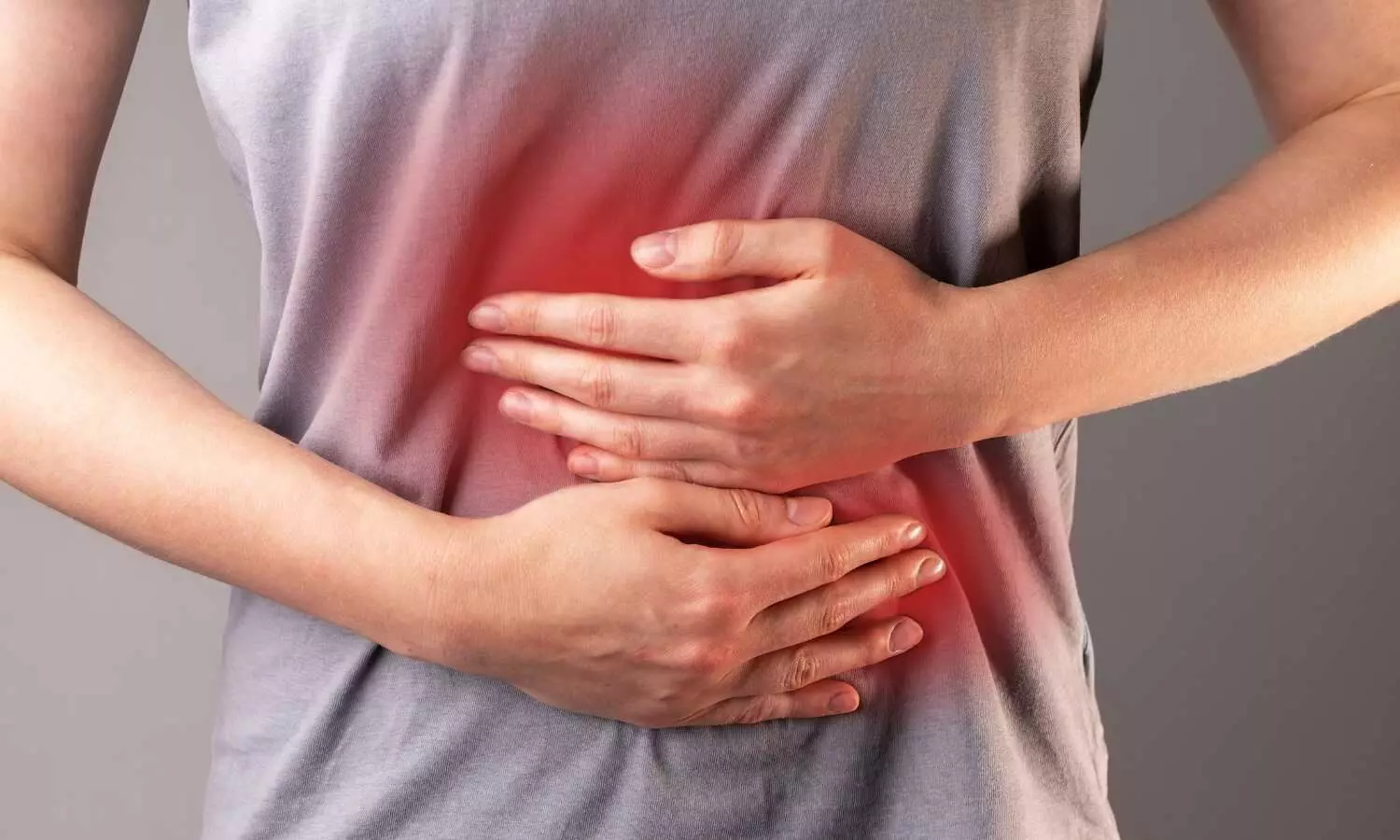Ingestible pill developed to diagnose intestinal disorder
- byDoctor News Daily Team
- 23 October, 2025
- 0 Comments
- 0 Mins

Researchers led by investigators at Mass General Brigham and Massachusetts Institute of Technology have validated an ingestible capsule in preclinical models for the diagnosis of acute mesenteric ischemia, a condition caused by blocked or reduced blood flow to the intestines. The research is published inScience Robotics. Acute mesenteric ischemiaaccounts for less than 1.5% of emergency department visits forabdominal painbut has a mortality rate of 55%, due in part to how difficult it can be to diagnose the condition early. “Acute mesenteric ischemia is a potentially deadly but often underdiagnosed condition. Its early symptoms can resemble common gastrointestinal problems, and current diagnostic tools such as imaging tests are invasive, costly, and often too slow to enable timely treatment,” said senior author Giovanni Traverso, MB, BChir, PhD, MBBCH, a gastroenterologist in the Division of Gastroenterology, Hepatology, and Endoscopy in the Mass General Brigham Department of Medicine. “We aimed to create a faster, safer, and more accessible way to detect this condition before permanent intestinal damage occurs.” Traverso and his team’s battery-powered swallowable capsule, called FIREFLI (Finding Ischemia via Reflectance of LIght), was inspired by the firefly, which emits light via pH-sensitive luciferase, an enzyme that catalyzes a light-emitting reaction called bioluminescence. FIREFLI generates light after activation by the small intestine’s pH. The emitted light illuminates the surrounding tissue, with ischemic tissue (deprived of oxygen and nutrients) demonstrating significantly lower luminance. These data are then transmitted wirelessly to an external mobile device which could someday allow clinicians to diagnose acute mesenteric ischemia. In studies conducted in nine pigs, FIREFLI correctly identified acute mesenteric ischemia 90% of the time overall—it was excellent at correctly identifying animals with the condition (98% sensitivity) but was somewhat less effective at ruling out those that didn’t have it (85% specificity), leading to some false positives. “This work brings together engineering, biology, and medicine to make an invisible medical emergency detectable quickly and noninvasively,” said Traverso. “The approach could enable faster triage in emergency departments, reduce unnecessary invasive testing in patients whose abdominal symptoms are not caused by ischemia, expand access to diagnostic care in clinics that lack advanced imaging technology, and lay the groundwork for future ‘smart’ capsules that combine sensing, wireless communication, and even targeted therapy delivery.” J. Chen et al. ,An ingestible capsule for luminance-based diagnosis of mesenteric ischemia.Sci. Robot.10,eadx1367(2025).DOI:10.1126/scirobotics.adx1367
Disclaimer: This website is designed for healthcare professionals and serves solely for informational purposes.
The content provided should not be interpreted as medical advice, diagnosis, treatment recommendations, prescriptions, or endorsements of specific medical practices. It is not a replacement for professional medical consultation or the expertise of a licensed healthcare provider.
Given the ever-evolving nature of medical science, we strive to keep our information accurate and up to date. However, we do not guarantee the completeness or accuracy of the content.
If you come across any inconsistencies, please reach out to us at
admin@doctornewsdaily.com.
We do not support or endorse medical opinions, treatments, or recommendations that contradict the advice of qualified healthcare professionals.
By using this website, you agree to our
Terms of Use,
Privacy Policy, and
Advertisement Policy.
For further details, please review our
Full Disclaimer.
Recent News
Weight-loss drugs like Ozempic may help reduce dru...
- 28 October, 2025
ADALA Trial: DOACs Match DAPT in Thrombosis Preven...
- 28 October, 2025
Study reveals fat-fueled neurons may unlock new br...
- 28 October, 2025
Closed-Loop Insulin System Improves Glucose Contro...
- 28 October, 2025
Daily Newsletter
Get all the top stories from Blogs to keep track.


0 Comments
Post a comment
No comments yet. Be the first to comment!